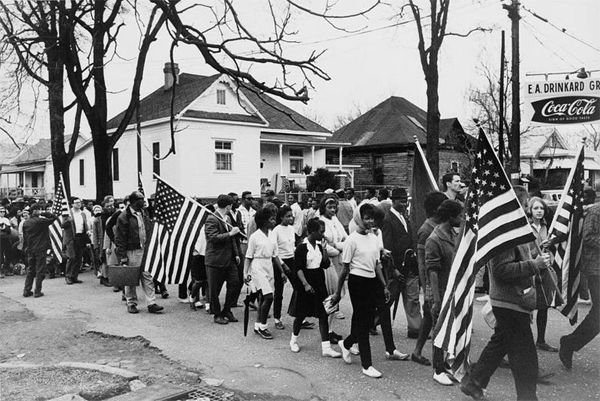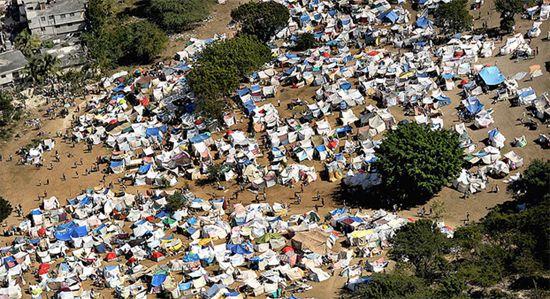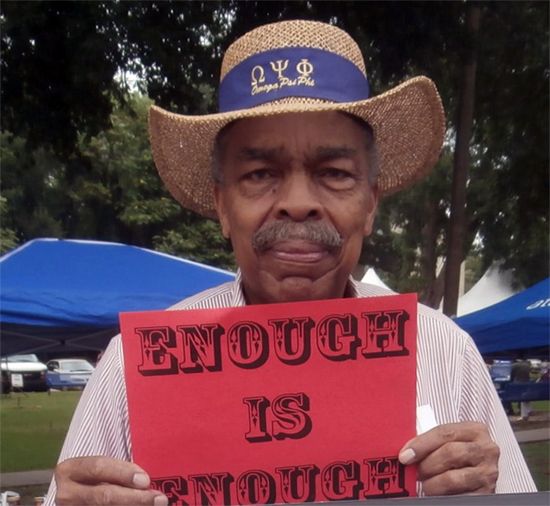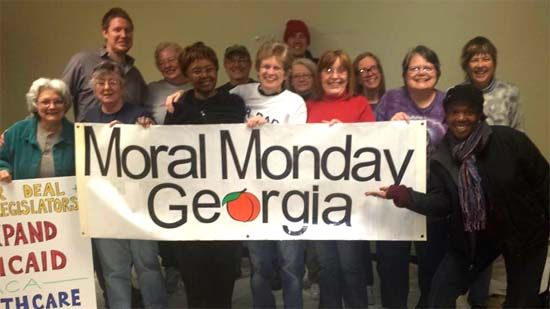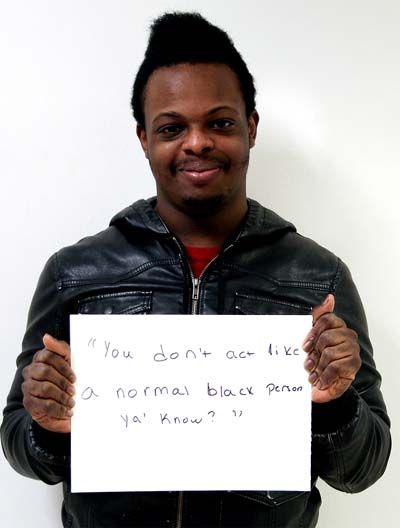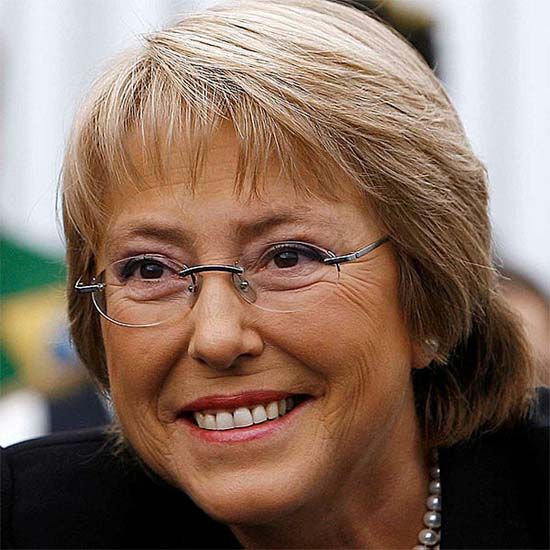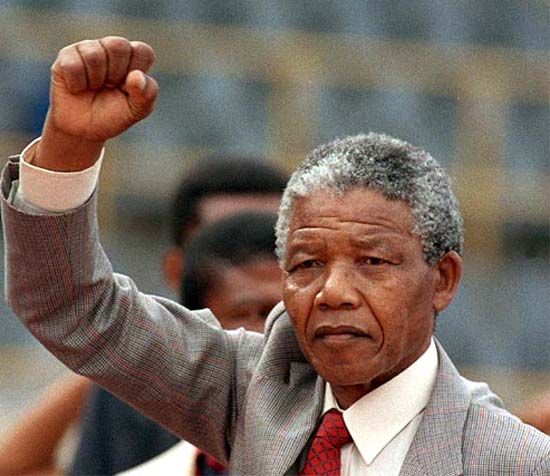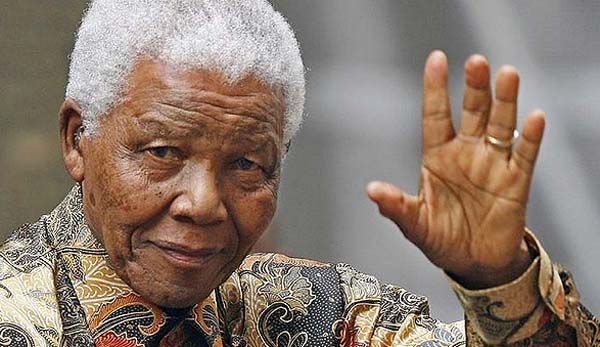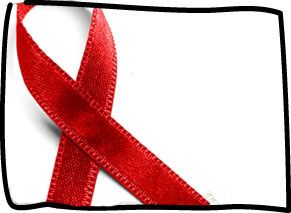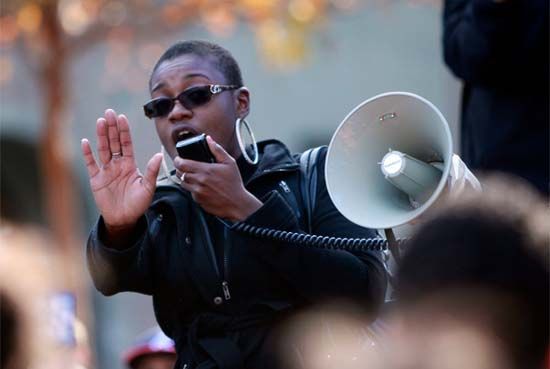Selma to Montgomery march – 1965
I was re-reading for the nth time Hamden Rice’s powerful piece “Most of you have no idea what Martin Luther King actually did“, yesterday, where he describes what his father told him about the importance of Dr. King and the movement he was an integral part of, in making black people unafraid.
When talking about the resistance to Martin Luther King Day, last Sunday, and in reading and commenting in Meteor Blade’s piece on J. Edgar Hoover’s assaults on Dr. King and the movement, it struck me that some people-imho mistakenly-believe the civil rights movement was ended with the death of Dr. King. That somehow it was buried with him, and is now solely to be honored and respected as “history”, to be dusted off a few times a year. The wikipedia entry gives dates “1955-68”.
I realized that those of us who lived during those early days have a very different perspective than those who were born later and perhaps got insights from watching series like “Eyes on the Prize” or reading memorial news coverage.
For me, the movement has never ended…yes it has had an ebb and flow, and yes, we have lost leaders and cadres and supporters over the years-to natural and unnatural death-but the reasons we have struggled haven’t gone away, and the reports of “movement’s end”, from my perspective are greatly exaggerated.
In fact, it’s a lie that we cannot afford to buy.
